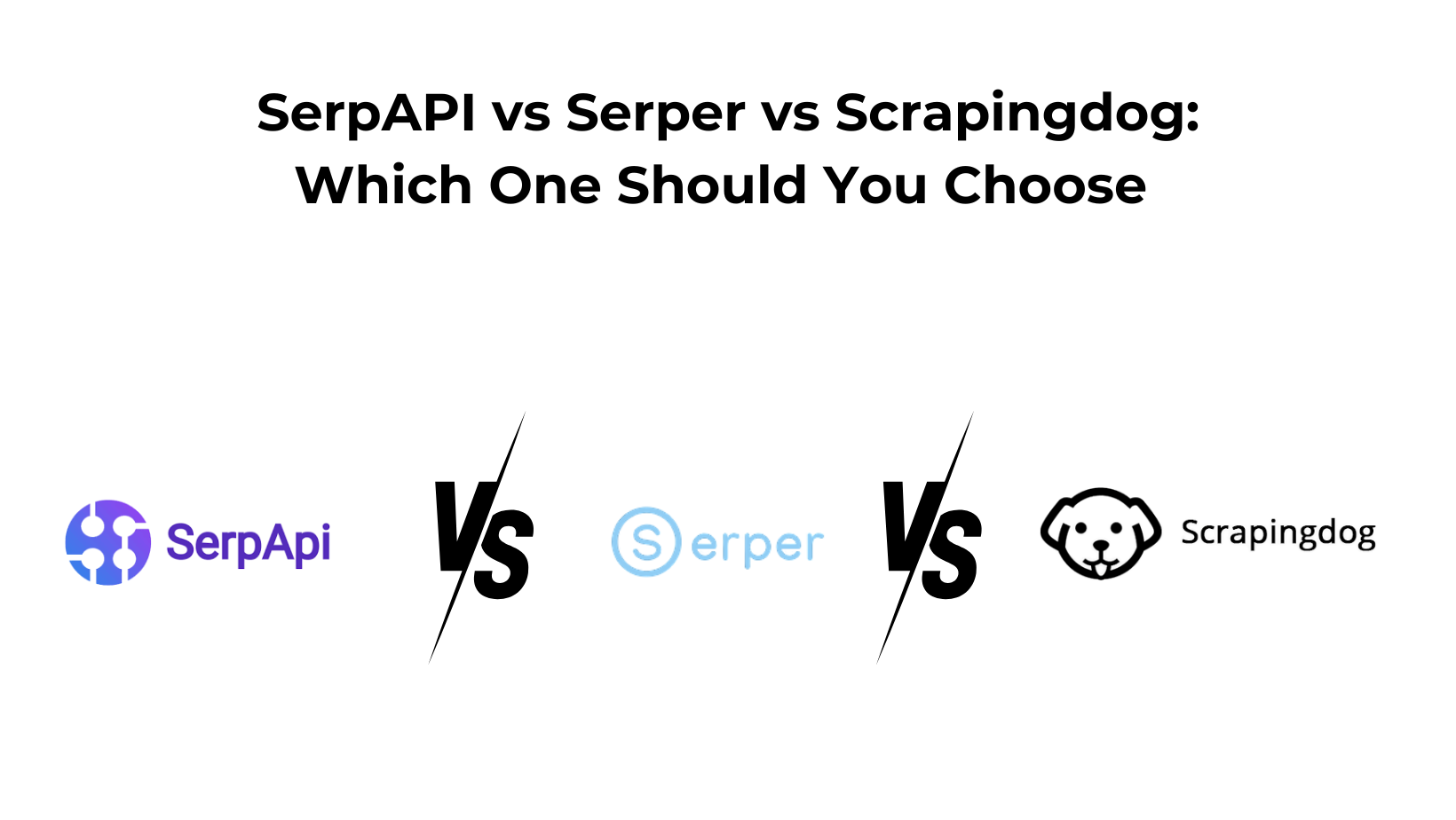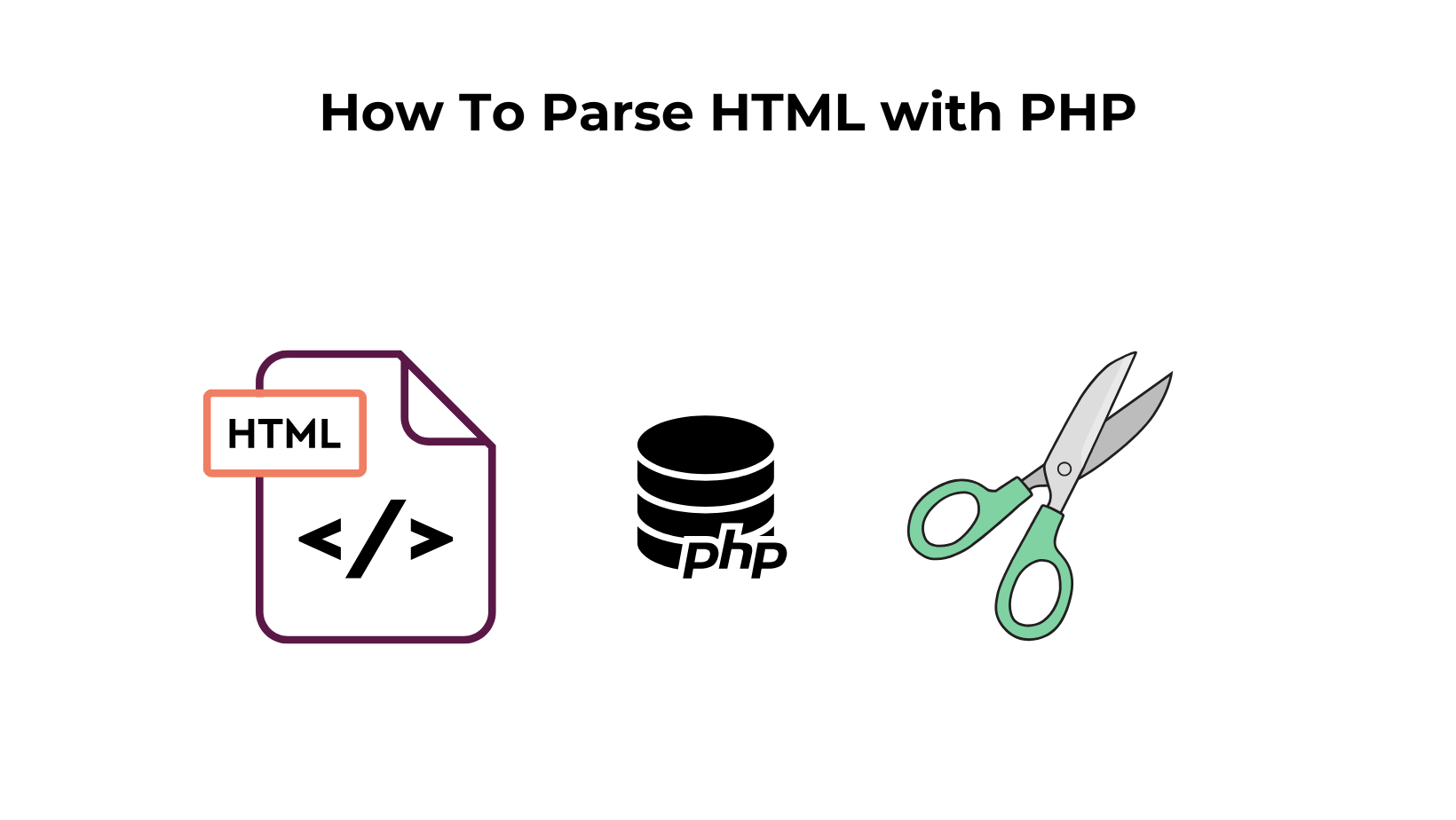When it comes to scraping Google Search Results at scale, having a reliable SERP API makes all the difference. Whether you’re building an SEO tool, monitoring competitors, or just trying to track keyword rankings, accuracy, speed, and cost can make or break your project.
In this article, we’re putting SerpAPI, Serper, and Scrapingdog head-to-head to see which one truly delivers.
Criteria
We are going to compare 3 APIs from each product and then compare them on the basis of:
- Speed
- Success rate
- Support
- Scalability
- Developer friendly
Mainly, we will test these API:
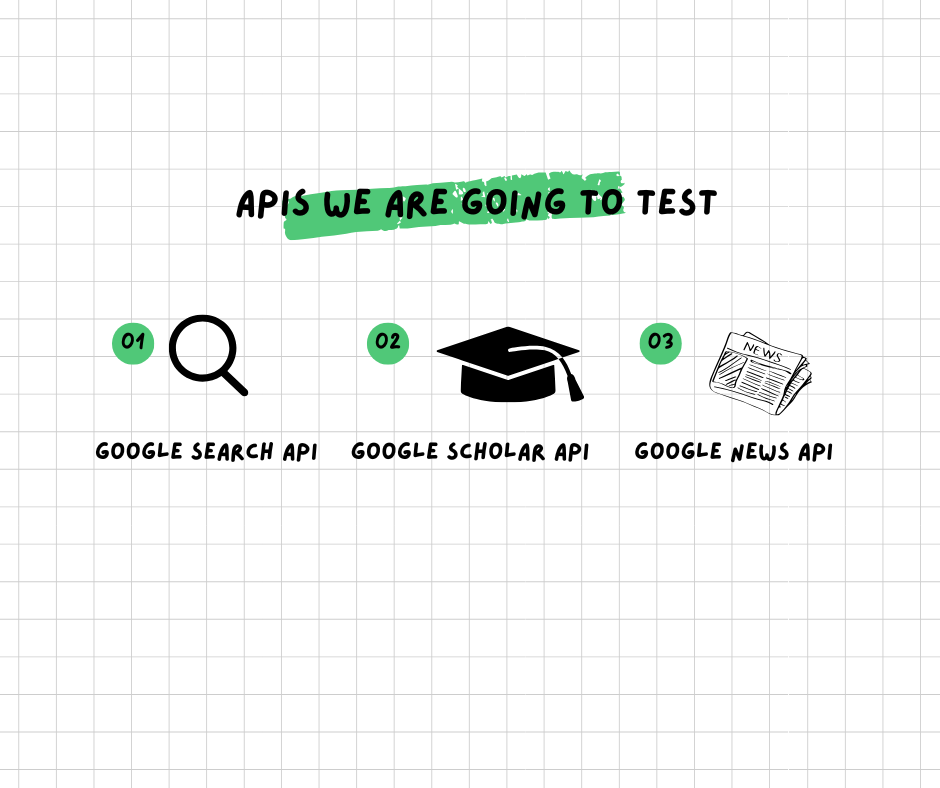
- Google SERP API
- Google News API
- Google Scholar API
We are going to use this Python code to test different APIs.
import requests
import time
import random
import urllib.parse
# List of search terms
google_serp_terms = ["shoes","burger","corona","cricket","tennis"]
google_scholar_terms = ["biology","cancer","vaccine","tumour","AIDS"]
google_news_terms = ["elon musk","trump","tarrifs","china","india"]
# Replace with your actual API endpoint
# Make sure it includes {query} where the search term should be inserted
base_url = "https://api.example.com/google"
total_requests = 10
success_count = 0
total_time = 0
for i in range(total_requests):
try:
search_term = random.choice(google_news_terms)
params = {
"api_key": "your-api-key",
"query": search_term
}
# url = base_url.format(query=search_term)
start_time = time.time()
response = requests.get(base_url,params=params)
end_time = time.time()
request_time = end_time - start_time
total_time += request_time
if response.status_code == 200:
success_count += 1
print(f"Request {i+1}: '{search_term}' took {request_time:.2f}s | Status: {response.status_code}")
except Exception as e:
print(f"Request {i+1} with '{search_term}' failed due to: {str(e)}")
# Final Stats
average_time = total_time / total_requests
success_rate = (success_count / total_requests) * 100
print(f"\n🔍 Total Requests: {total_requests}")
print(f"✅ Successful: {success_count}")
print(f"⏱️ Average Time: {average_time:.2f} seconds")
print(f"📊 Success Rate: {success_rate:.2f}%")
Scrapingdog
Scrapingdog provides a bunch of APIs around Google, including SERP API, Google News API, and Google Scholar API.
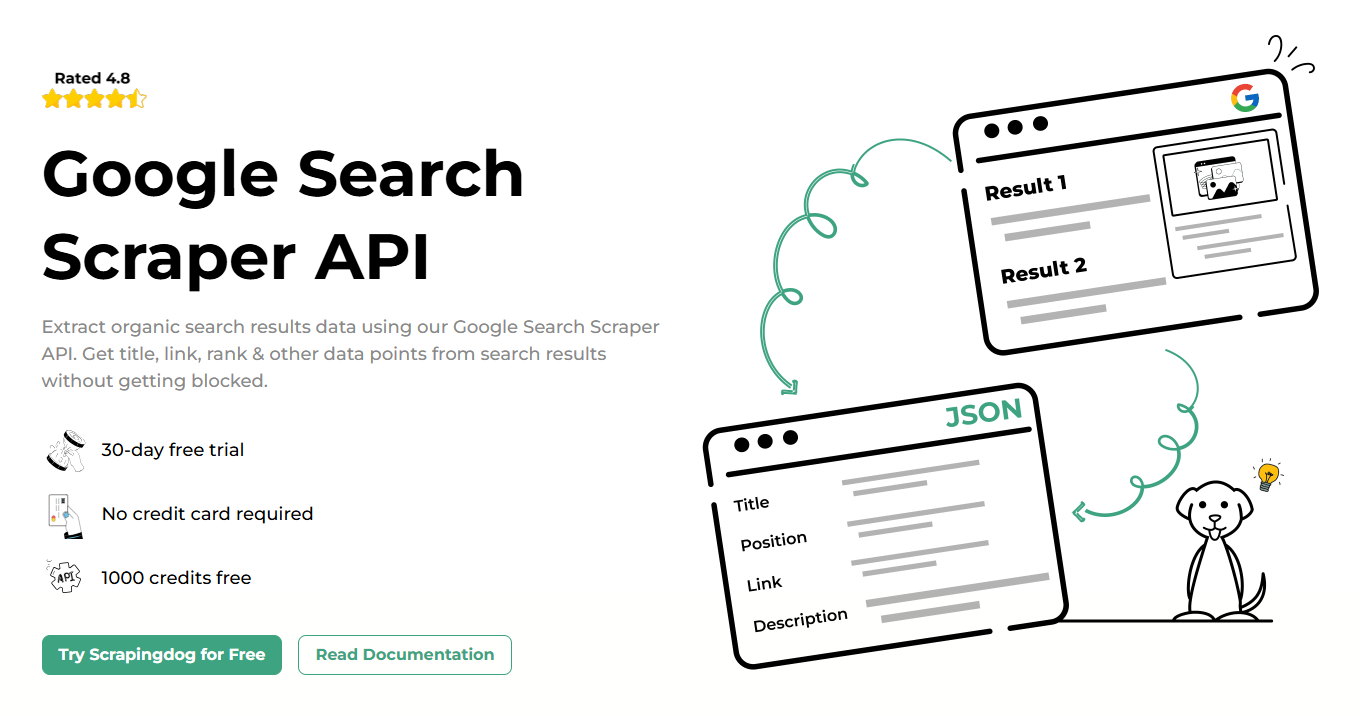
Details
- Every new user will get 1000 free credits on sign-up.
- Per scrape cost starts from $0.001 and drops below $0.00029 with a higher volume.
- The documentation is clear and beginner-friendly, making integration quick for any developer. Plus, new video tutorials and blogs are regularly published to support you along the way.
- Customer support is available 24*7 to help you resolve any query related to the services offered.
Testing Google Search API

Testing Google Scholar API

Testing Google News API

Test Summary
- The average response time for the Google SERP API was approximately 1.25 seconds.
- Google Scholar API responded with a speed of 1.9 seconds per request.
- Finally, Google News API took 1.57 seconds to respond.
SerpAPI
SerpAPI also provides a wide range of scrapers around Google. Today, we will be testing its Google Search, News, and Scholar APIs.
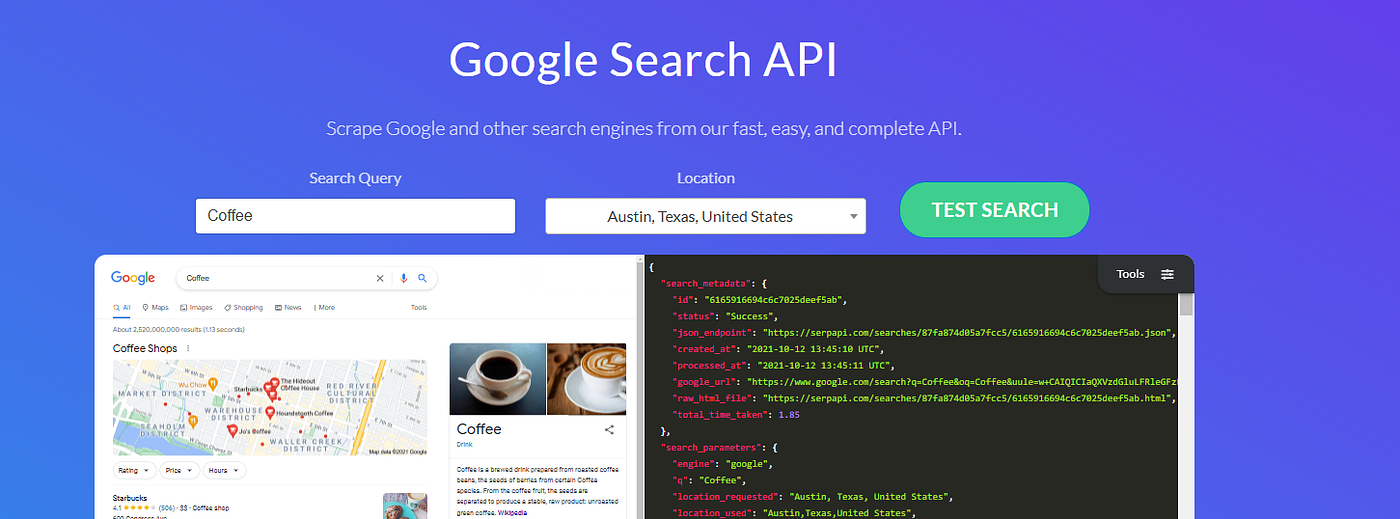
Details
- New signups will get 100 credits for testing the API.
- Per scrape cost starts from $0.015 and goes below $0.0075 with a higher volume.
- Documentation is very clean and can be easily integrated.
- You will get instant solutions to your queries, support is available 24*7.
Testing Google Search API

Testing Google Scholar API

Testing Google News API

Test Summary
- Google API took around 5.49 seconds on average to respond.
- Scholar API took 3.25 seconds.
- And News API took 4.50 seconds.
Serper
Serper is a new player in this market, and it also provides APIs around various Google products.
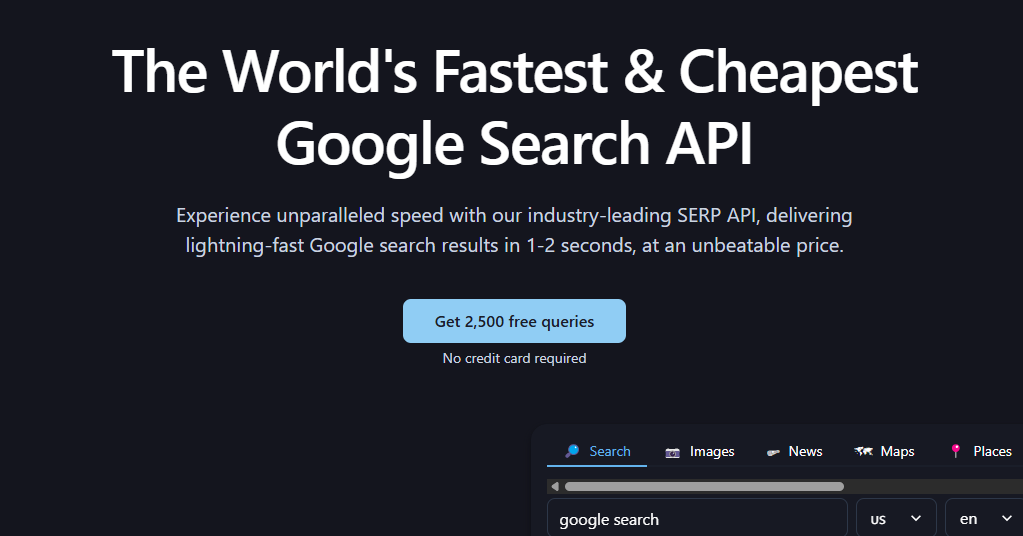
Details
- Serper provides 2500 free credits on signup.
- Pricing per scrape starts from $0.001 and drops below $0.00075 with high volume.
- If you need more than 10 results per query in its SERP API, then you will be charged 2 credits, so the pricing automatically becomes twice.
- Documentation is clear and can be easily integrated.
- You can only contact them through email. Also, we did not find any presence of the team anywhere.
Testing Google Search API

Testing Google Scholar API

Testing Google News API

Test Summary
- Serp API took 1.83 seconds to respond.
- Scholar API took 1.54 seconds.
- News API took 1.67 seconds.
Speed Comparison (Serper vs SerpAPI vs Scrapingdog)

When you look at speed, Scrapingdog and Serper are almost the same, but SerpAPI lags a bit.

Price Comparison

When it comes to pricing, Scrapingdog leads. Starting at just $0.001 per API call, it becomes even more affordable at scale, dropping below $0.000058 per call, making it ideal for high-volume use cases.
Serper also offers competitive pricing with a base rate of $0.001, decreasing to $0.0003 for larger volumes. It’s budget-friendly and well-suited for smaller teams or startups.
SerpAPI, on the other hand, is significantly more expensive, starting at $0.015 per call and only dropping to $0.0075 with volume, nearly 15x higher than Scrapingdog’s lowest rate 😊.
Final Verdict
After testing and comparing all three APIs on speed, success rate, and pricing, one thing is clear, You don’t need to burn a hole in your wallet to get reliable SERP data.
- Scrapingdog stood out with its blazing-fast response times, 100% success rate, and ridiculously affordable pricing. It’s the best pick for anyone who values both speed and scale.
- Serper performed well in terms of speed and offered competitive pricing, making it a solid middle-ground option for growing projects.
- SerpAPI, while feature-rich, falls short in cost-efficiency, especially if you’re planning to scale aggressively.

